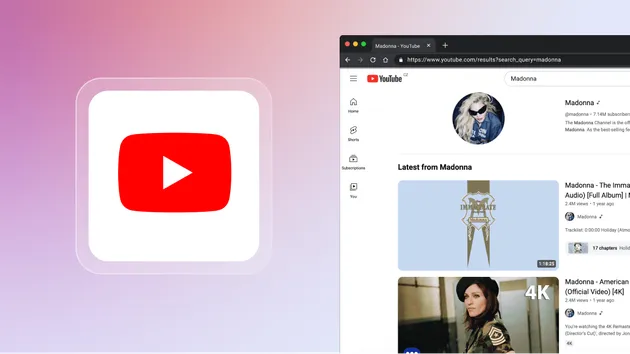YouTube Downloader
Pricing
Pay per event
YouTube Downloader
Download YouTube videos in multiple formats (144p-8K) and extract audio (MP3, FLAC, WAV, etc). Features include custom quality settings, segment downloads with start/end times, and progress tracking. Supports videos up to 120 minutes with extended duration options.
2.5 (2)
Pricing
Pay per event
2
44
36
Last modified
2 months ago



